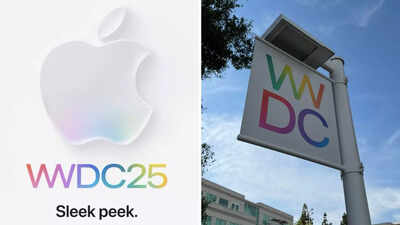

The future of food is an evolving landscape where sustainability, innovation, and technology come together to address challenges like population growth, climate change, and shifting consumer demands. From lab-grown meat to personalized nutrition, the possibilities are endless, and they are shaping how food will be produced, consumed, and distributed in the years to come.
1. Sustainable Agriculture
As concerns about climate change and food security grow, sustainable farming practices are becoming more critical. Techniques such as vertical farming, hydroponics, and regenerative agriculture offer promising solutions for growing food in resource-efficient ways. These practices reduce the use of water, land, and chemicals, making food production more eco-friendly and efficient.
2. Plant-Based and Lab-Grown Proteins
One of the most significant shifts in the food industry is the rise of alternative proteins. Plant-based meats, like those from companies such as Beyond Meat and Impossible Foods, have already gained mainstream popularity. Beyond plant-based options, lab-grown or cultured meat is another exciting development. Created by cultivating animal cells in a controlled environment, this technology promises to reduce the environmental impact of meat production and provide ethical alternatives for meat lovers.
3. Personalized Nutrition
Advances in data analytics and biotechnology are paving the way for personalized nutrition. As more consumers seek diets tailored to their specific health needs, companies are developing solutions that analyze genetic information, gut microbiome data, and lifestyle factors to provide customized meal plans. This approach could revolutionize how individuals eat, ensuring their diets are aligned with their personal health goals.
4. Food Tech Innovation
The integration of artificial intelligence (AI) and robotics in food production is rapidly transforming the industry. AI is being used to optimize supply chains, reduce food waste, and enhance food safety. Robotics are streamlining food packaging and even enabling automated restaurants. These technologies are not only making food more accessible but also addressing labor shortages in the agriculture and hospitality industries.
5. The Rise of Local and Urban Farming
Urban farming initiatives are gaining momentum as people seek to bring food production closer to where they live. Community-supported agriculture (CSA) programs, rooftop gardens, and urban greenhouses offer a way to grow fresh, organic produce in cities. This trend also reduces the carbon footprint associated with transporting food over long distances, contributing to a more sustainable future.
6. Innovative Packaging Solutions
As sustainability becomes a focal point, the food industry is exploring innovative packaging options. Companies are developing biodegradable, compostable, and edible packaging to replace traditional plastic. Not only will this reduce the environmental impact of food packaging, but it will also improve overall food preservation and safety.
7. Blockchain for Transparency
Consumers today are more concerned about the origins of their food than ever before. Blockchain technology is being used to increase transparency in the food supply chain. This allows consumers to trace the journey of their food, from farm to table, ensuring that the food they purchase meets ethical, environmental, and quality standards.
Explore more on food sustainability trends in our Food & Drink category.
Read more about plant-based food innovations at The Guardian.
Discover the potential of lab-grown meat at BBC Future.
#TrendingNow #InspirationDaily #ExploreMore #LifestyleTips #InTheNews #DigitalAge #Insights #Innovation #BehindTheScenes #WorldView #Digital #forensic
Read more on our more trending special page















Be the first to leave a comment